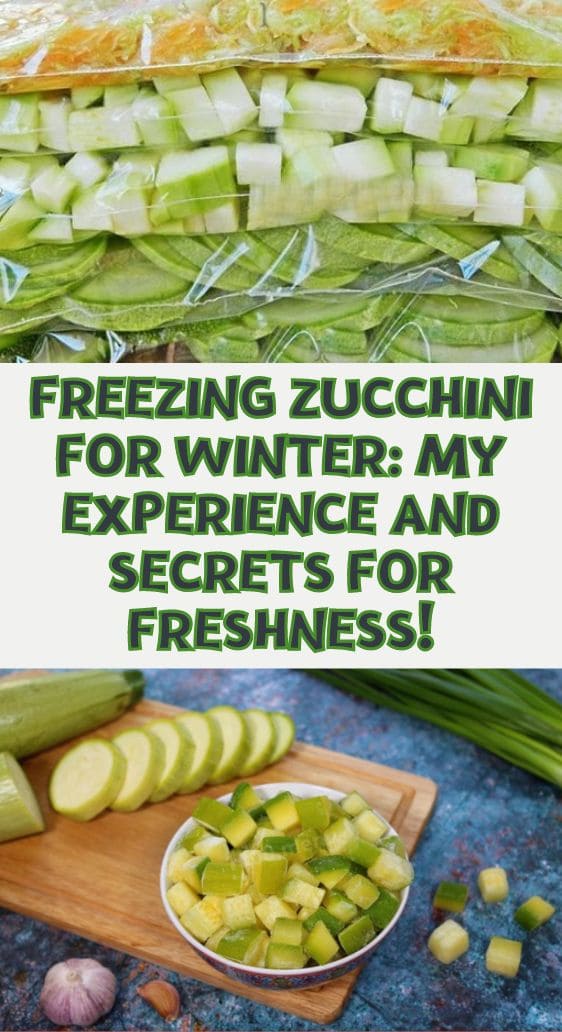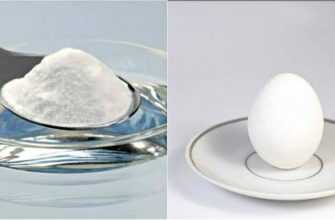Dive into the world of preserving both flavor and nutrition as we explore the art of freezing zucchini for the winter season. Zucchinis, not only popular in culinary creations, boast a plethora of health benefits, including aiding digestion and promoting radiant skin. Packed with vitamins C, B, pectin, magnesium, calcium, iron, and potassium, these versatile vegetables are a must-have in any kitchen. Discover the secrets to ensuring your frozen zucchinis retain their vibrant taste and nutritional goodness.
Ingredients for Freezing Zucchini:
- Zucchinis – Choose firm, fresh ones
- None needed!
Instructions for Freezing Zucchini:
- When selecting zucchinis, be mindful of the seasonal varieties. For summer zucchinis, check the skin’s resilience – it shouldn’t be too tough, as excessively fibrous skin may indicate overly stringy flesh. Opt for winter varieties with a dense shell, as softness suggests watery and bland taste.
- Many believe that the most flavorful zucchinis measure no more than 20 cm (7.87 inches), and for frying, smaller-seeded ones work best.
- Preparation and Freezing: Start by thoroughly washing and drying the chosen zucchinis, laying them on a clean towel.
- Remove unnecessary stems and cut the zucchinis based on your intended use. For stews or soups, cube the zucchinis into 1-2 cm (0.39-0.79 inches) pieces. Avoid freezing in large shared bags to facilitate easy separation later. Instead, distribute them in small quantities in individual polyethylene bags or freezer containers.
- For frying, slice the zucchinis into approximately 1 cm (0.39 inches) thick rounds. To maintain their appearance, arrange them carefully on a board, covering them with plastic wrap before freezing to prevent sticking.
- For maximum retention of vitamins, opt for a quick freeze. Set the freezer to the lowest temperatures and promptly transfer the zucchinis.
- Small portions expedite the freezing process. Another intriguing option is to freeze partially cooked zucchinis, ready for quick preparation later. Whether it’s stir-frying or preparing omelet-ready ingredients, this method ensures convenience.
- For an alternative approach, consider freezing pre-grated zucchini and carrots. After squeezing out excess water, freeze them to have a handy semi-finished product. Simply thaw and heat for quick meals.
Freezing vegetables is a simple and rapid method of preserving foods while retaining their nutritional value. Embrace the world of frozen delights with zucchinis that will taste as fresh as the day you froze them!
















